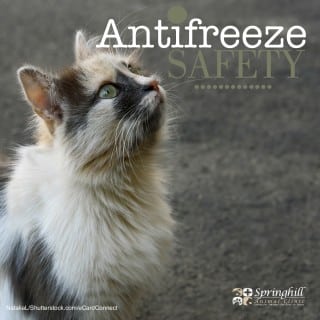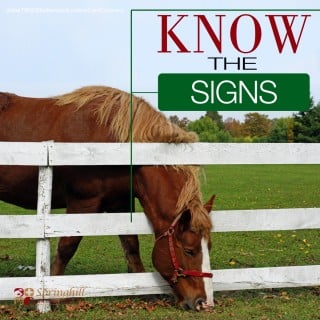In horses, as in most other mammals, good dental care wards off a host of other health issues that can arise due to poor mouth health. It’s not just about caring for the teeth. Quality dental care helps ensure your horse’s health is protected.
Due to the fact that a horse’s teeth continue to erupt throughout her lifetime to accommodate the wear and tear of grazing, horses should have regular dental examinations to ensure proper tooth surfaces are available. These exams should be twice yearly until the horse is 5 years old, then annually until around age 17, returning to bi-annual exams as your horse enters her senior years. By the time your horse reaches senior status, there is a limited amount of tooth surface remaining and frequent, minor adjustments may be necessary to properly maintain her mouth. Ensuring maintenance of a correct bite plane throughout your horse’s life helps guarantee your horse’s teeth will be able to properly process feed for adequate nutrition even if your horse reaches her third or fourth decade.
When horses graze, they take in small amounts of dirt and grit. These particles, along with the silicate in grass, wear down the surfaces of their teeth. If the teeth are not correctly aligned, your horse sustains an injury, or if she is experiencing mouth pain, the wear on the surfaces of the teeth may be uneven. This can cause sharp points, hooks or uneven planes that make proper utilization of feed next to impossible. Without correction, your horse may experience a decline in body condition, drop feed while eating or have difficulty chewing or you may find that large particles of feed are passing in your horse’s manure. These are all indications that your horse is unable to effectively process her feed and extract from it the nutrition she needs. A horse with dental issues may also have behavior issues such as fighting the bit, bucking or lugging on the bridle. Anytime performance issues are noted, especially in horses with no history of such issues, dental concerns should be considered as a potential cause.
Dental adjustments permanently change your horse’s mouth. The removal of points and hooks, while intended to better align the teeth for proper grinding of feed, can make a bad situation worse if not carefully undertaken. Especially in horses who have received infrequent dental care, corrections may take several visits to be appropriately implemented. It is important that changes be made gradually, not only to prevent causing your horse additional pain, but also to ensure no more of the tooth is removed than necessary. Although horse teeth continue to erupt to accommodate for the erosion of grazing, horses do have a finite amount of tooth. If too much is removed, older horses can be left without the teeth they need to ensure they can continue to extract the nutrients necessary from their feed. This is of special concern now that advancements in equine medicine mean horses are living even longer than before. Make sure all your horse?s dental changes are for the better. Contact us to schedule your horse’s dental exam today!



